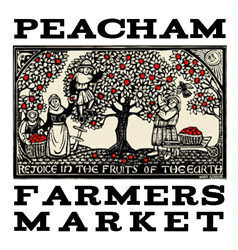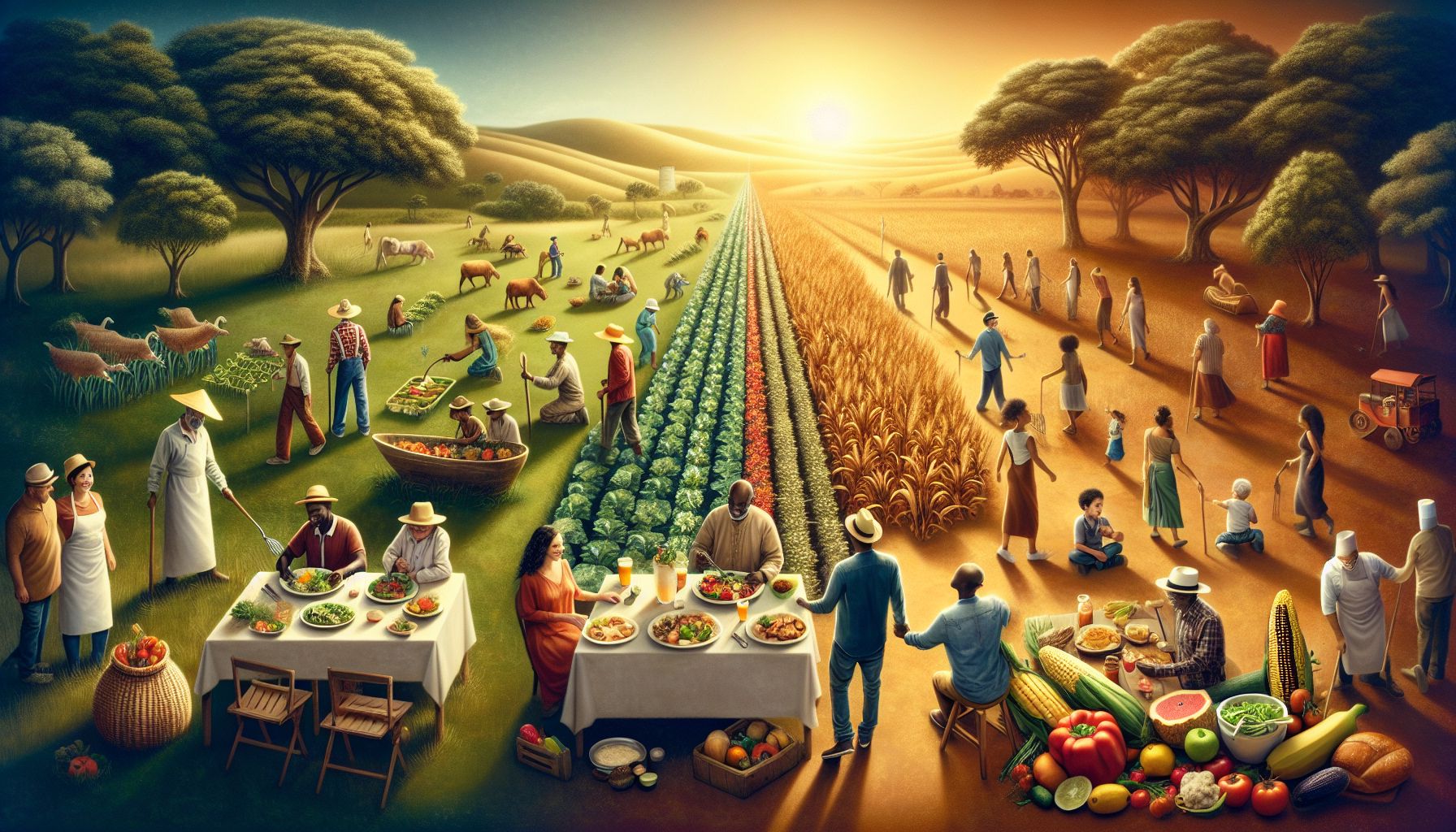Recipes are at the heart of every culture, representing a flavorful journey through history, tradition, and family heritage. Behind each dish lies the hard work and dedication of farmers who cultivate the ingredients that make our taste buds dance. From sustainable farming practices to modern technology and challenges faced by farmers, let us dive into the world of agriculture and its impact on our culinary traditions.
The Art of Farming: Sustaining Our Future
Farming has been an integral part of human civilization for thousands of years, providing sustenance and shaping culinary identities. However, with the growing population and environmental concerns, the need for sustainable farming practices has never been more critical. Organic farming, crop rotation, and conservation tillage are some methods that prioritize soil health and reduce the use of chemicals. By promoting biodiversity, these practices not only protect the environment but also enhance the nutritional value and flavor of the crops.
Moreover, new technologies have revolutionized the way we farm, making it more efficient and sustainable. Drones, satellite imagery, and precision farming techniques allow farmers to monitor their fields and manage resources effectively. These advancements not only improve the quality and yield of crops but also minimize waste, contributing to a more sustainable and eco-friendly food system.
From Farm to Table: Celebrating Culinary Diversity
As a result of the internet and globalization, our culinary horizons have expanded beyond our borders, allowing us to explore diverse flavors and cultures. And behind every recipe lies a story, reflecting the regional traditions, beliefs, and history of a community. From the warm spices and rich curries of India to the fresh seafood and bold flavors of Latin America, each cuisine has its unique ingredients and techniques. By embracing and celebrating this diversity, we not only expand our palates, but also promote cultural exchange and understanding.
Moreover, cooking with seasonal and locally-sourced ingredients not only supports small-scale farmers but also contributes to a more sustainable food system. By reducing the carbon footprint of our meals, we can minimize the impact of agriculture on the environment and support the livelihoods of our local farming communities.
The Challenges Faced by Farmers and the Future Ahead
Despite their crucial role in our food system, farmers face numerous challenges, both natural and man-made. Extreme weather events, limited access to resources, and changing market demands are just a few of the hurdles they must overcome to ensure the availability of fresh and nutritious produce. In addition, the aging population of farmers and the lack of young people entering the profession are also concerning.
However, with the growing awareness and demand for sustainable and locally-sourced foods, the future of farming looks promising. By supporting small-scale farmers and investing in sustainable practices, we can ensure the availability of fresh, healthy, and culturally diverse food for generations to come.
In Conclusion
Recipes are much more than just a list of ingredients. They represent the unique flavors and traditions of a community, all made possible by the hard work and dedication of farmers. In order to preserve our culinary heritage and promote sustainable living, it is essential to support and celebrate the connection between farming and culinary traditions. By prioritizing sustainability and embracing diversity, we can enjoy delicious meals while also contributing to a better future for our planet and the farming community.
So next time you savor a dish, take a moment to appreciate the journey that brings it to your table. Support your local farmers, experiment with new flavors, and be mindful of the impact of your food choices. Together, we can continue to celebrate the art of farming and preserve our rich culinary traditions.

